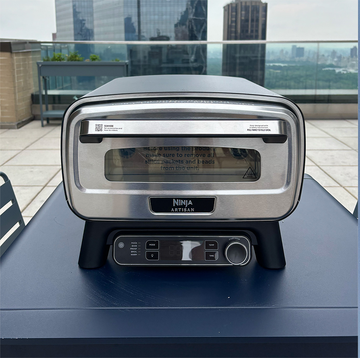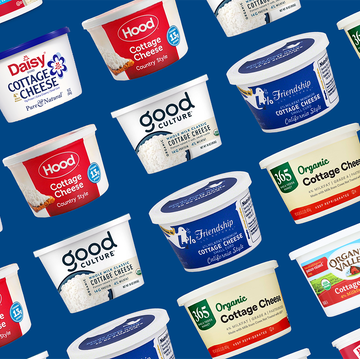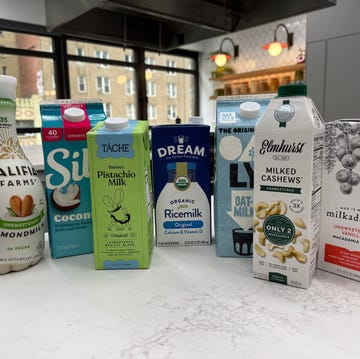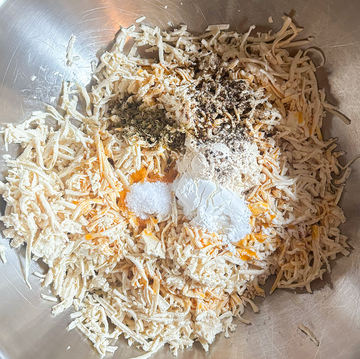If You Always Have Stomachaches, These 5 Reasons Could Be Why
It could be easily fixed, or it could be something really serious.

If Pepto Bismol has practically become your best friend, it's time to talk. "A stomach ache is your body's way of giving you feedback about something going on," says Robynne Chutkan, M.D., founder of the Digestive Center for Wellness in Chevy Chase, Maryland, and author of The Microbiome Solution. So why is your stomach
From: Good Housekeeping US
Watch Next

Advertisement - Continue Reading Below

I Tried Ninja's Outdoor Pizza Oven

I Blind-Tasted 7 Cottage Cheese Brands & The Winner Is Better Than Good Culture

Here's The Only Non-Dairy Milk I Put In My Coffee

How Hooters Is Plotting A Comeback
Advertisement - Continue Reading Below
Advertisement - Continue Reading Below












